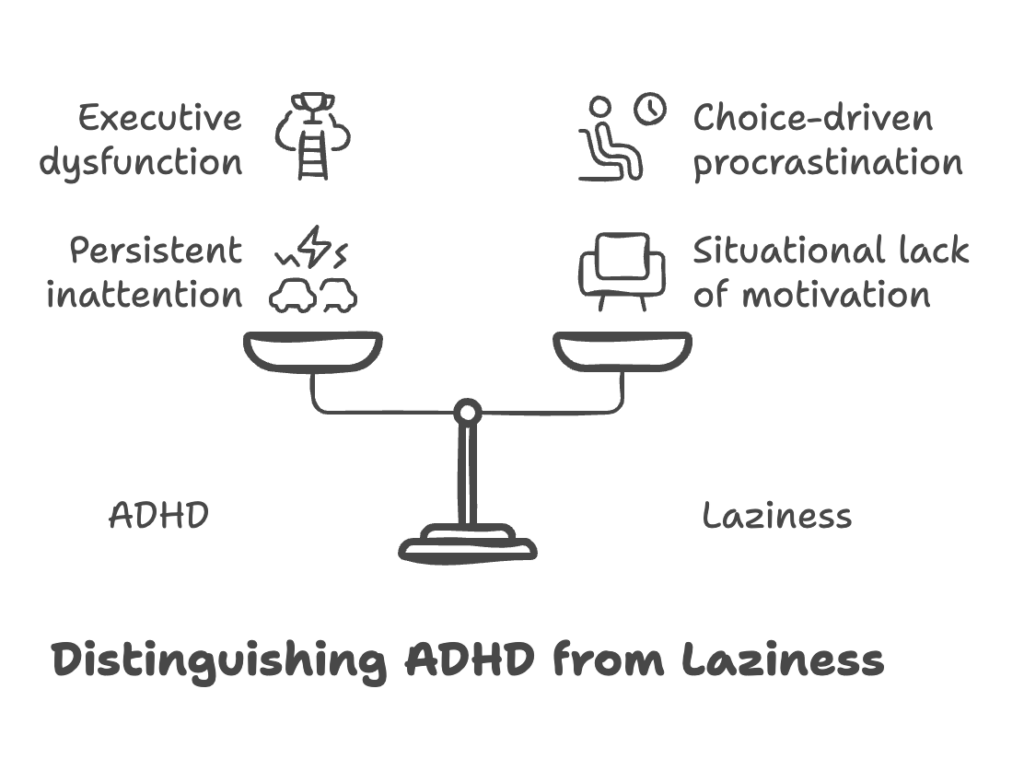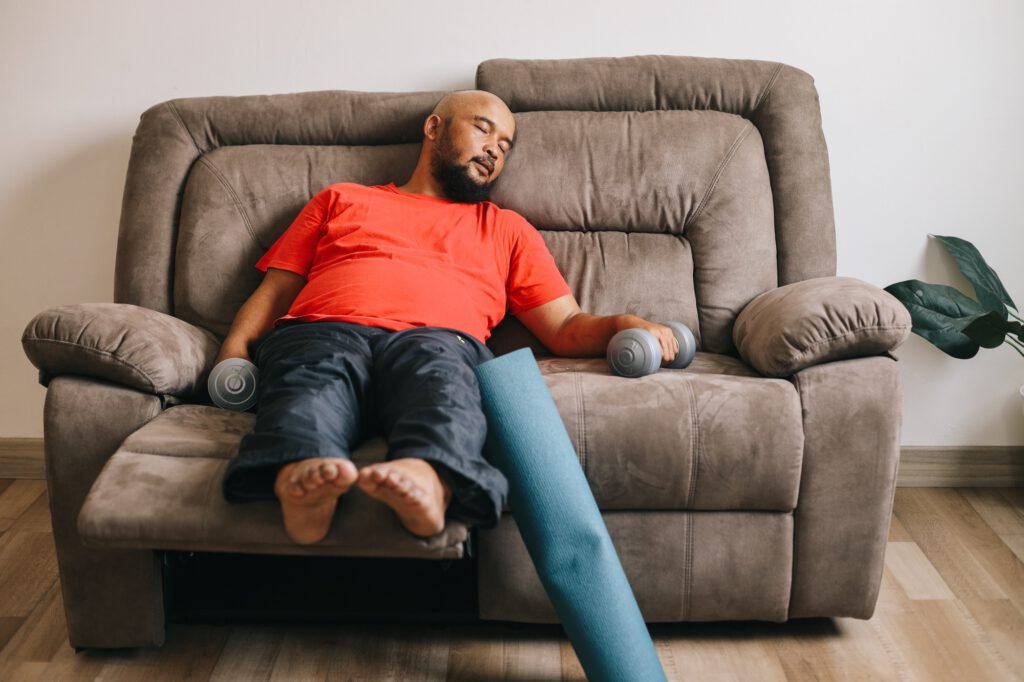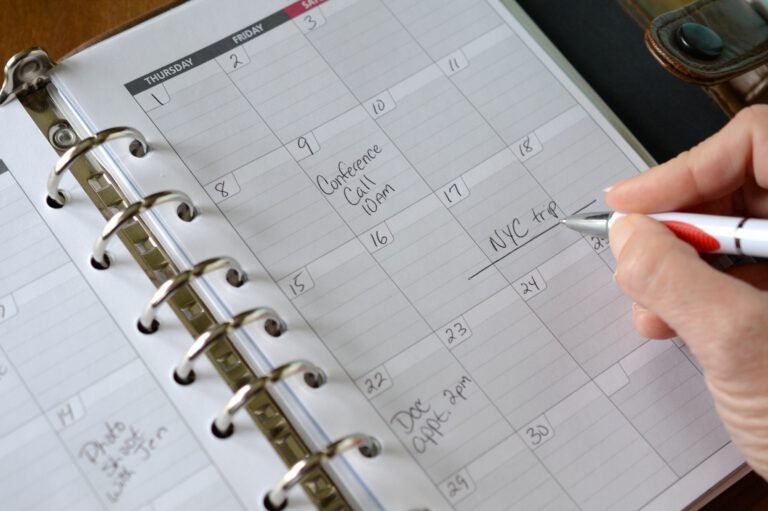ADHD vs. Laziness: The Key Differences
First, let’s address the elephant in the room: ADHD is a neurodevelopmental condition, while laziness is…well, just choosing not to do something. ADHD creates real barriers to getting things done, even when you want to do them.
Here’s how they differ:
- With ADHD: You might struggle to focus, organize, or get started, even if you’re motivated to succeed.
- With Laziness: You lack motivation or interest in completing a task altogether.
Clues It Might Be ADHD:
- You procrastinate, even on things you genuinely care about.
- You forget steps, lose track of time, or feel overwhelmed before you even begin.
- You find it hard to switch from thinking about a task to actually doing it (hello, executive dysfunction).
When I first wondered if I had ADHD, I thought I was just lazy. I’d plan to clean my apartment but end up scrolling on my phone for hours. The thing was, I wanted a clean space—I just couldn’t seem to get myself to start. That’s when I realized something deeper was going on.

Step 1: Look for ADHD Symptoms
ADHD comes with a specific set of symptoms, and recognizing these can help you figure out if you’re dealing with more than just procrastination.
Common ADHD Signs:
- Inattention: Forgetting details, losing track of tasks, or zoning out mid-conversation.
- Hyperactivity (or Restlessness): Feeling like you can’t sit still, fidgeting, or always needing to be “on the go.”
- Impulsivity: Interrupting people, blurting things out, or making decisions without thinking them through.
You don’t need to check every box to have ADHD, but if these sound familiar, it’s worth exploring further. You might want to read “Is Dissociation the Same as Inattentive ADHD?” as well.
Step 2: Reflect on Your Struggles
Think about how these challenges affect your daily life. Are they consistent, or do they only happen occasionally?
- ADHD is persistent—you’ve likely experienced these patterns since childhood.
- Laziness is situational and doesn’t usually disrupt your ability to function in other areas of life.
Step 3: Talk to a Professional
If your struggles feel bigger than laziness and you suspect ADHD, reach out to a mental health professional. They can help you understand what’s going on and provide a proper diagnosis.
- Start with a Therapist: They can help assess your symptoms and guide you toward the next steps.
- See a Psychiatrist: If you want to explore treatment options like therapy or medication, a psychiatrist WILL help. If you’re hesitant to start stimulants, there are other options. If you don’t want to use anything, there are also options.
Step 4: Build ADHD-Friendly Habits
Whether or not you have ADHD, creating systems that support focus and productivity can help.
- Use timers or alarms to remind you to start tasks.
- Break big projects into smaller, manageable steps.
- Limit distractions by decluttering your workspace or using focus apps.
Final Thoughts
ADHD and laziness aren’t the same, and beating yourself up won’t help either way. If your struggles are consistent, frustrating, and impacting your life, you might be dealing with ADHD—not a lack of effort. The best thing you can do is seek clarity, be kind to yourself, and explore strategies that work for your brain. You’re not alone, and you’ve got this!









